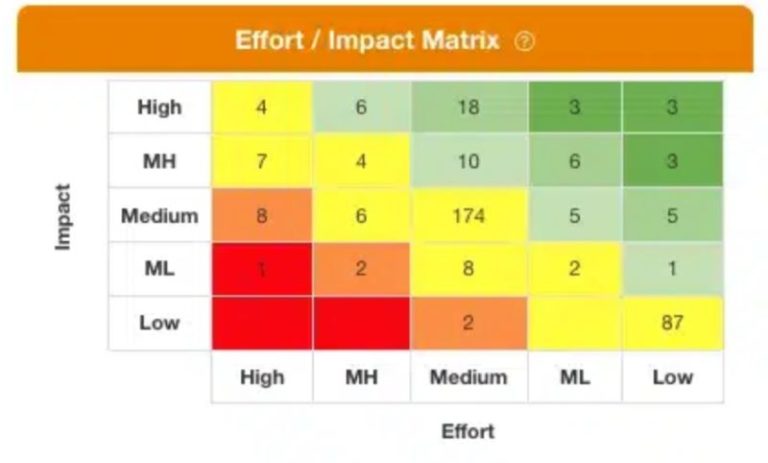

Introduction
Setting smart financial goals is a crucial step towards building wealth and securing a stable financial future. Financial goals provide a roadmap for your financial journey, guiding your decisions and helping you stay focused on what’s important. In this article, we will delve into the key aspects of setting smart financial goals and how they can lay the foundation for your financial success. Start your trading journey by using a reliable trading platform such as https://immediateprofit.app.
Understanding Financial Goals
Financial goals can be broadly categorized into short-term, medium-term, and long-term goals. Short-term goals typically have a timeframe of less than a year and may include building an emergency fund or saving for a vacation. Medium-term goals, such as buying a home or starting a business, usually span one to five years. Long-term goals, such as retirement planning or funding your children’s education, have a timeframe of more than five years.
To ensure that your financial goals are effective, they should adhere to the SMART criteria, which stands for Specific, Measurable, Achievable, Relevant, and Time-bound. Specific goals clearly define what you want to achieve, while measurable goals allow you to track your progress. Achievable goals are realistic and within your reach, while relevant goals align with your values and priorities. Time-bound goals have a deadline, which creates a sense of urgency and helps you stay on track.
Identifying Your Financial Priorities
Before you can set smart financial goals, it’s essential to identify your financial priorities. Start by evaluating your current financial situation, including your income, expenses, assets, and liabilities. Next, consider your future aspirations, such as buying a home, starting a family, or retiring comfortably. By understanding where you stand financially and where you want to go, you can prioritize your goals based on their urgency and importance.
Setting Specific Financial Goals
Setting specific financial goals is key to achieving them. Vague goals, such as “save more money” or “pay off debt,” are difficult to measure and track. Instead, set specific goals that are quantifiable and actionable. For example, rather than saying “Save more money,” you could set a goal to “save $5,000 for a down payment on a home within the next two years.” This goal is specific, measurable, and has a clear deadline, making it easier to track your progress and stay motivated.
Creating a Realistic Financial Roadmap
When setting financial goals, it’s important to be realistic. While it’s great to have ambitious goals, setting goals that are too lofty can lead to frustration and discouragement. Consider factors such as your income, expenses, debt, and other financial obligations when setting your goals. It’s okay to aim high, but make sure your goals are attainable based on your current financial situation.
Monitoring and Adjusting Financial Goals
Setting smart financial goals is not a set-it-and-forget-it process. Life is unpredictable, and circumstances can change. That’s why it’s important to regularly monitor your progress toward your goals and adjust them as needed. If you find that you’re not on track to meet a goal, don’t be afraid to revise it. Similarly, if your financial situation changes, such as receiving a raise or experiencing a financial setback, adjust your goals accordingly.
Tools and Strategies for Achieving Financial Goals
There are many tools and strategies available to help you achieve your financial goals. Budgeting tools and apps can help you track your income and expenses, making it easier to identify areas where you can save money. Automated savings tools can help you save consistently towards your goals, while debt reduction plans can help you pay off debt faster. Investment strategies, such as dollar-cost averaging or diversification, can help you grow your wealth over time.
Conclusion
Setting smart financial goals is a critical step toward building wealth and achieving financial security. By following the SMART criteria and considering your current financial situation and future aspirations, you can set goals that are specific, measurable, achievable, relevant, and time-bound. Regularly monitoring your progress and adjusting your goals as needed will help you stay on track and achieve financial success. With the right tools and strategies, you can turn your financial goals into reality and build a secure financial future for yourself and your family.


